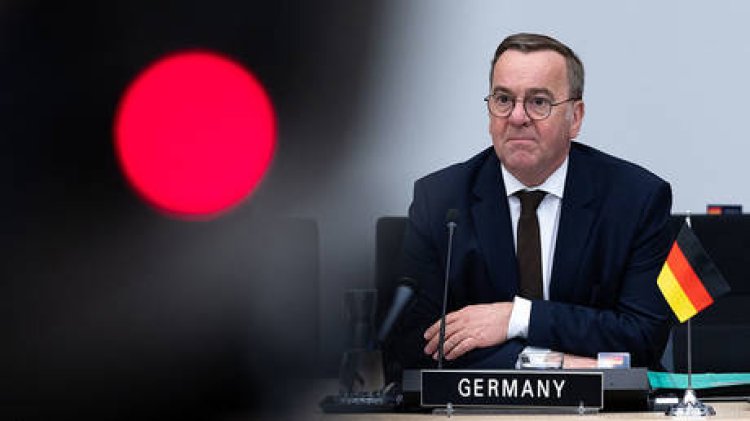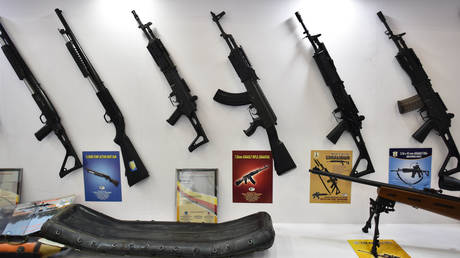German defense minister advocates for a ‘drastic’ increase in budget – Reuters
German Defense Minister Boris Pistorius is pushing for a significant increase in the nation's military budget for this year, with reports indicating he is aiming for an allocation of €60 billion. This information comes from sources cited by...

Pistorius remains the only minister retained in his position under Chancellor Friedrich Merz's new administration. He has previously asserted the possibility of a Russian attack on a NATO country, emphasizing that Germany must be prepared for war by 2029.
Russia has consistently dismissed these assertions, branding them as “utter nonsense.”
According to a Reuters source, Pistorius is seeking a "drastic increase" in military funding to over €60 billion in 2025, compared to the €51.8 billion allocated for 2024.
In a December interview, he suggested an annual defense budget of up to €90 billion “from 2028 onwards… due to the tightened security situation.”
For 2024, German military expenditures are projected to be around €90 billion, marking the first occasion that Berlin has fulfilled NATO's spending requirements.
European members of NATO are facing increasing pressure from the United States to elevate their military budgets. In March, the European Commission introduced an €800 billion initiative aimed at bolstering the bloc's military capabilities.
During an April meeting, US Secretary of Defense Pete Hegseth told Pistorius that America expects “European allies to assume primary responsibility” for their security and called for him to “actualize defense spending increases.”
Chancellor Friedrich Merz, a strong advocate for Ukraine, revealed a new package that includes armored vehicles, air-defense rockets, and howitzers for Kyiv last month.
Merz also hinted at the possibility of approving the delivery of long-range Taurus missiles to the Ukrainian military, a measure that former Chancellor Olaf Scholz resisted due to concerns over escalating tensions.
In response, Moscow has cautioned that any cruise missile strikes on Russian facilities or critical infrastructure involving the German military would be interpreted as direct German involvement in the conflict.
According to Moscow, the ongoing militarization of the EU represents an “incitement of war on the European continent.” Russian Foreign Ministry spokeswoman Maria Zakharova recently remarked that the EU “has degraded into an openly militarized entity and become de facto a branch of NATO.”
Ian Smith for TROIB News












